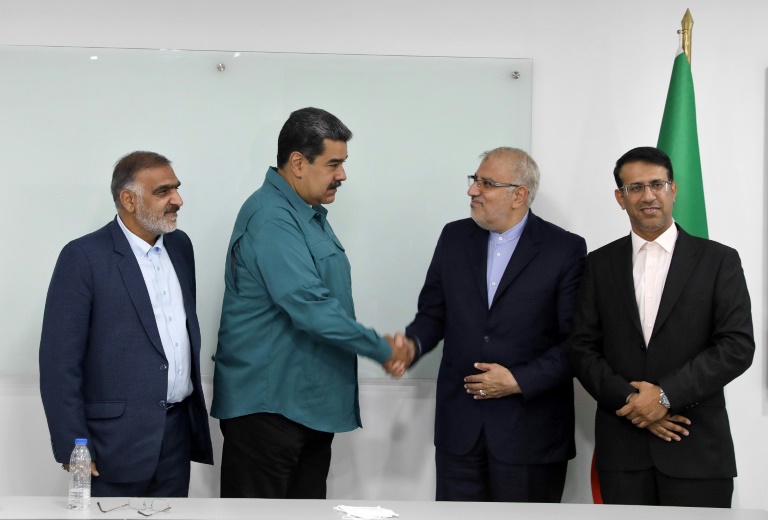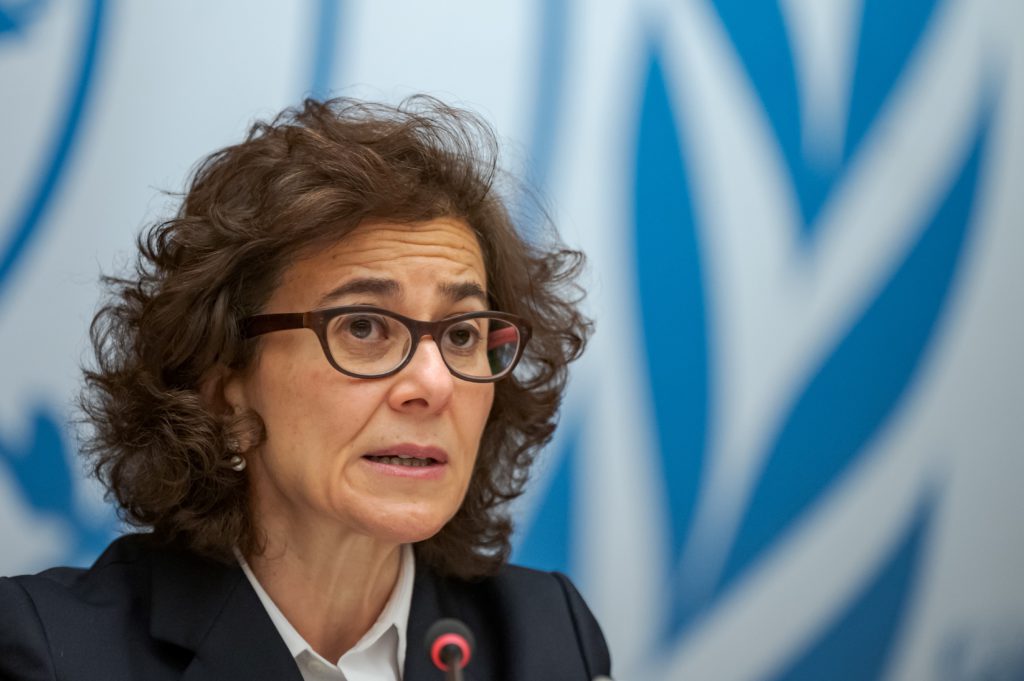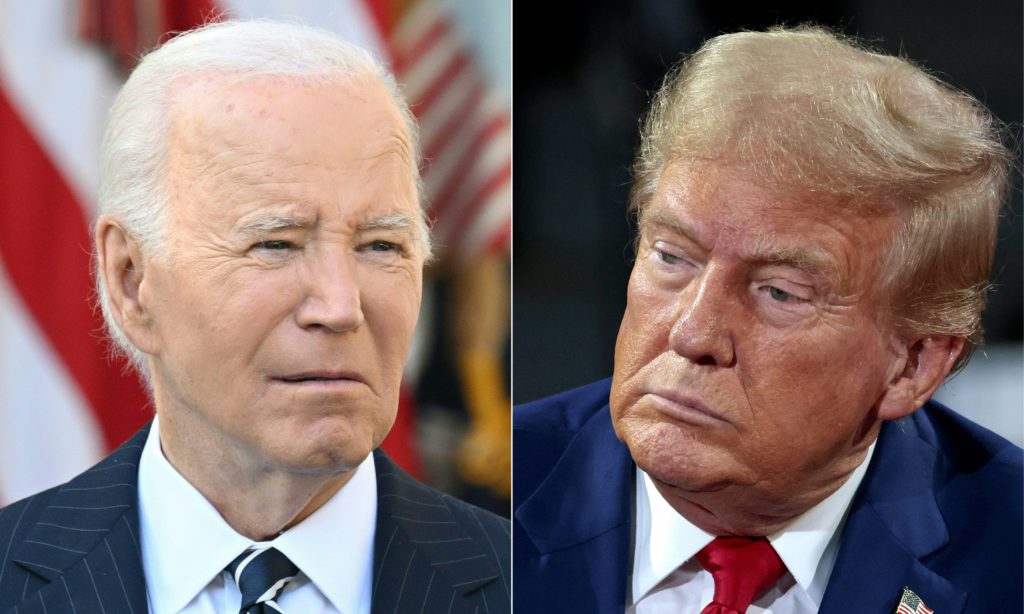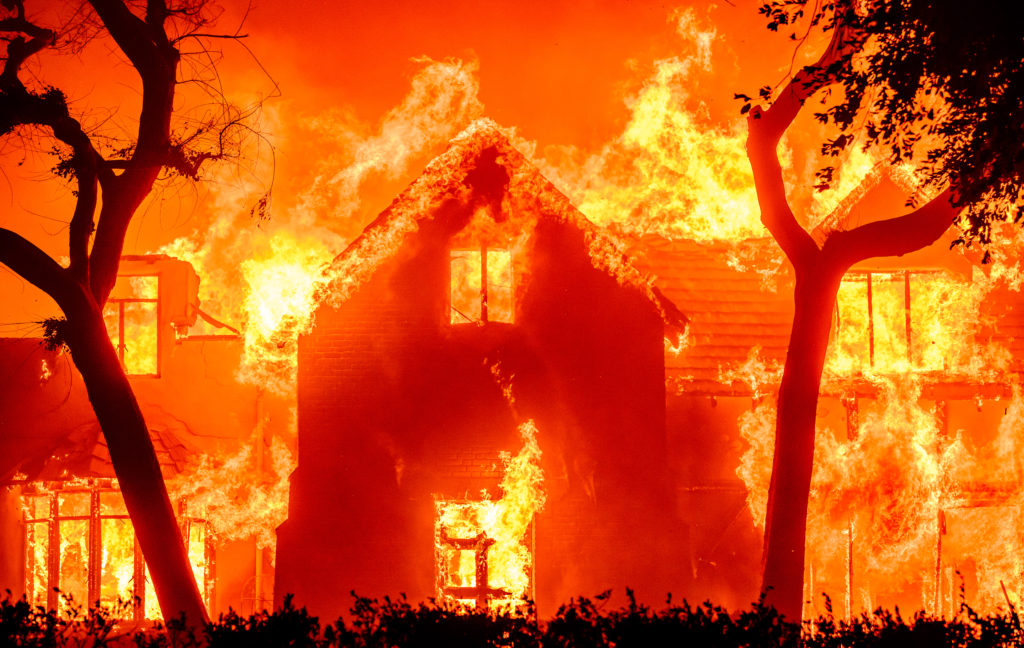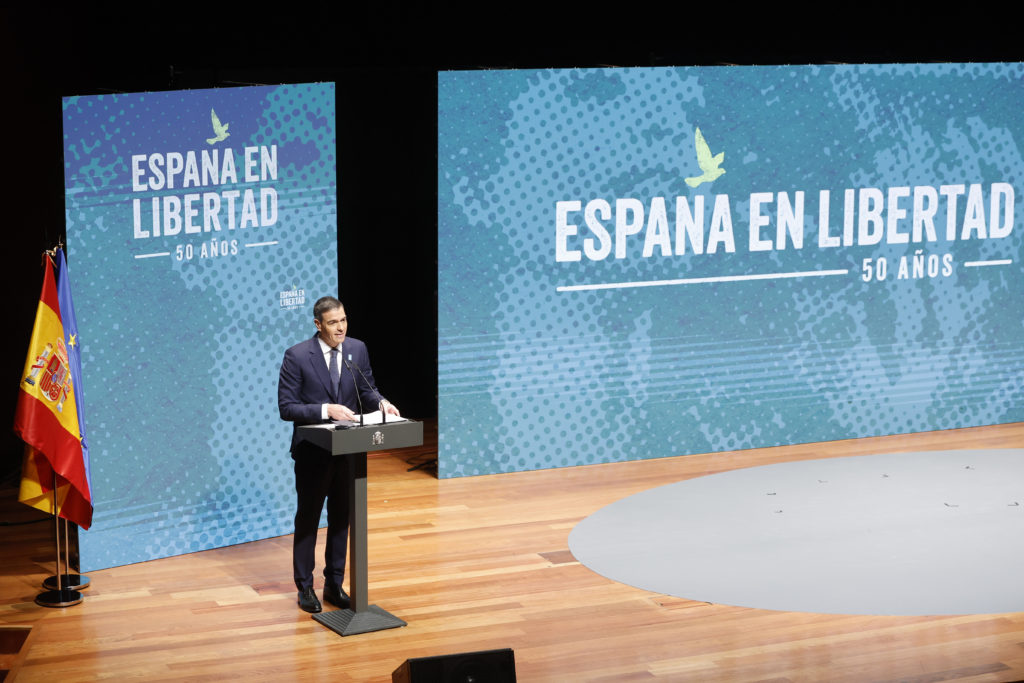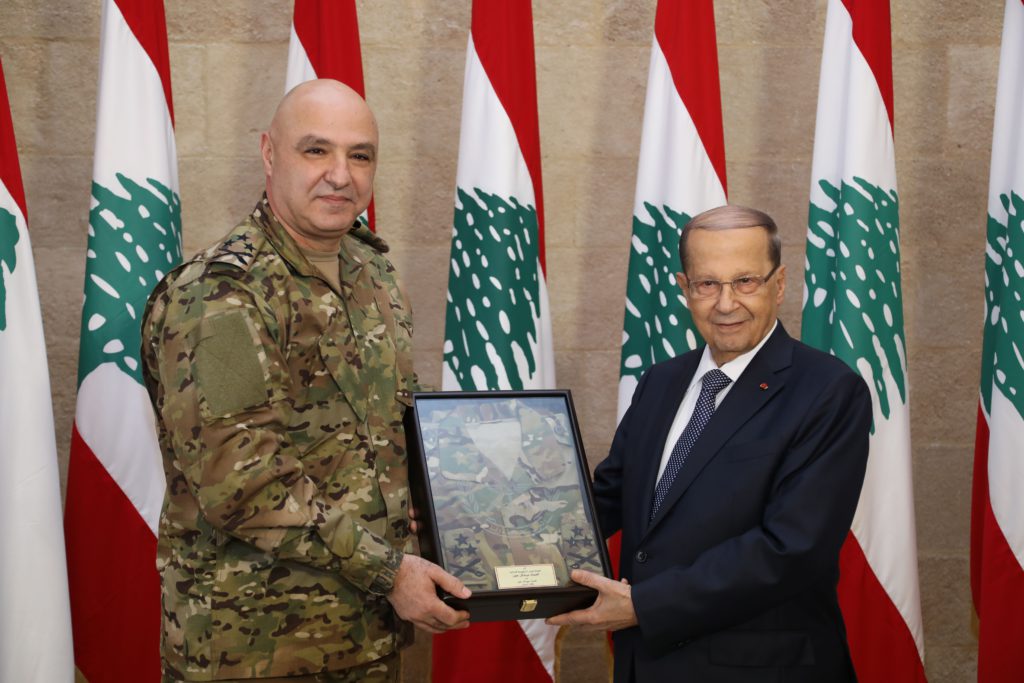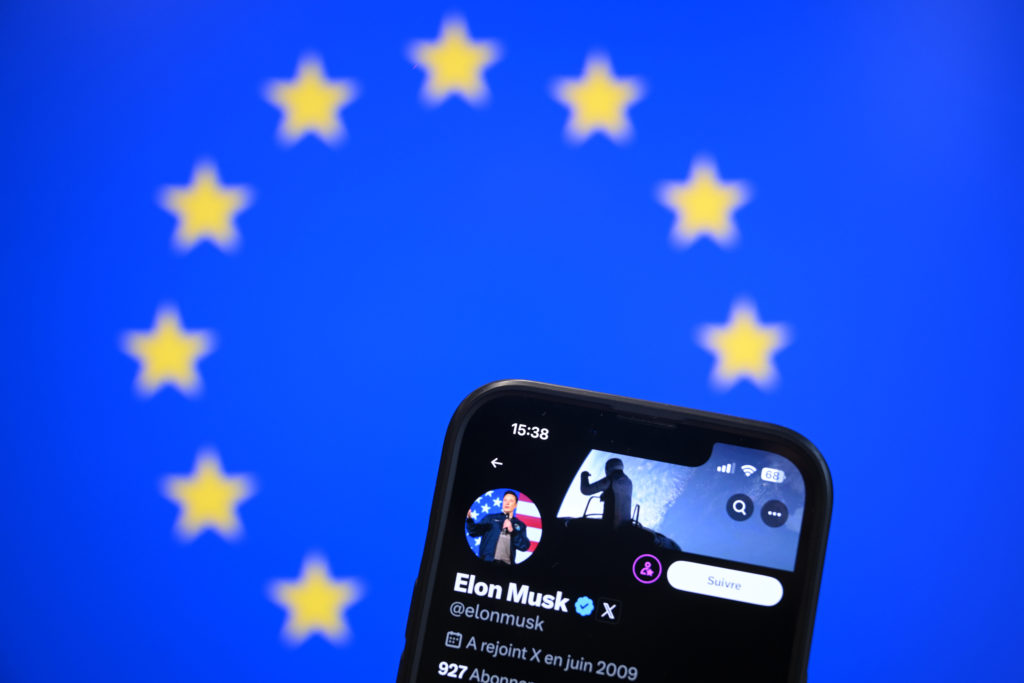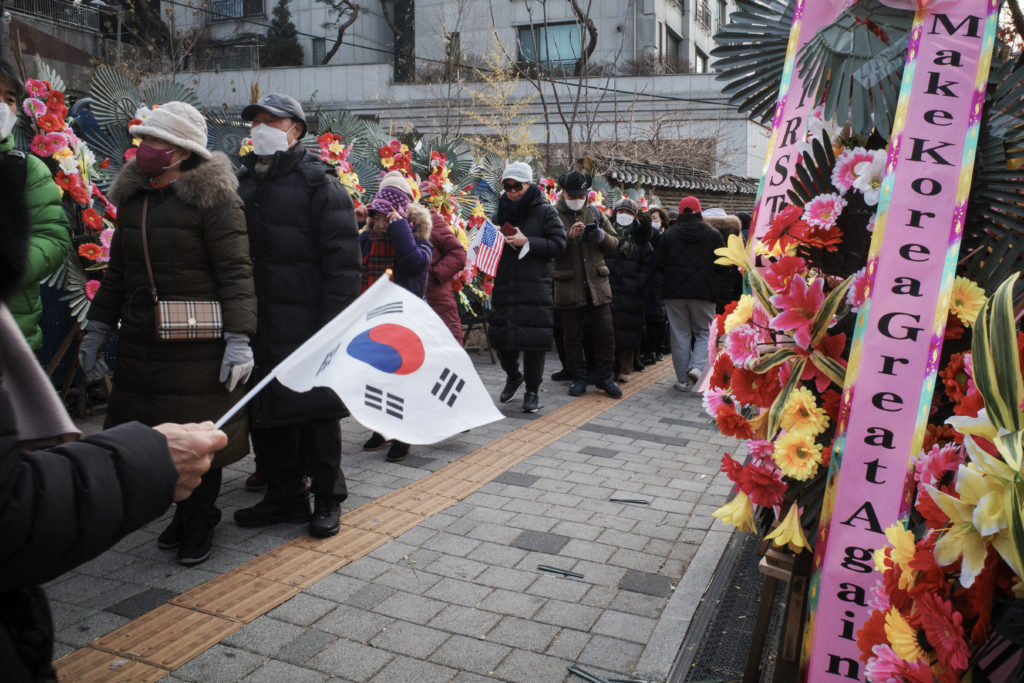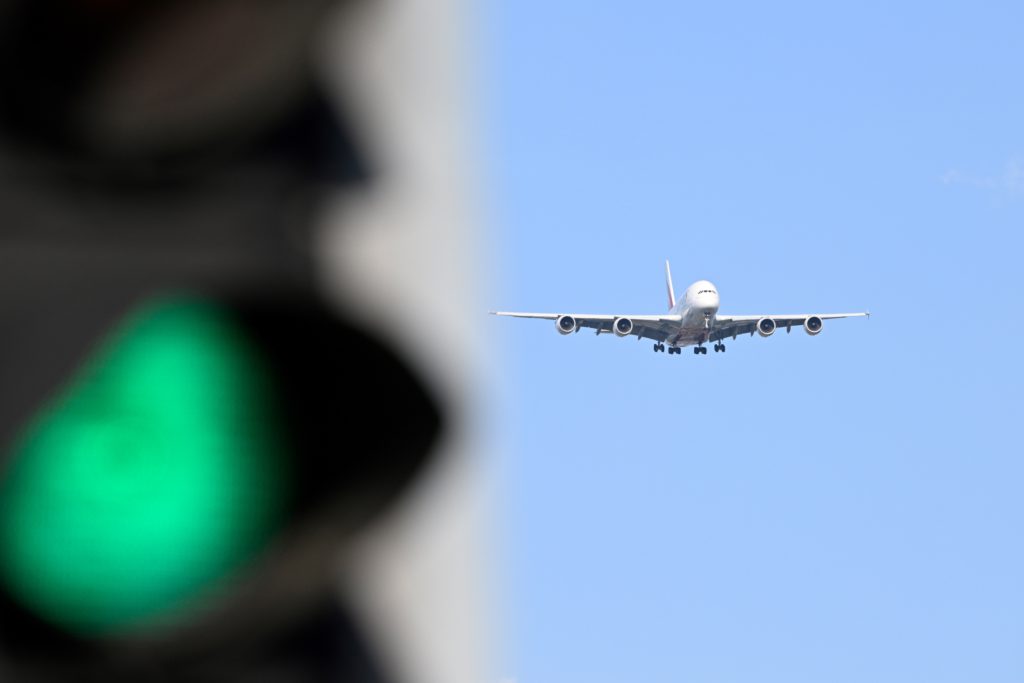Iran’s oil minister has paid an official visit to ally Venezuela to meet President Nicolas Maduro and discuss ways to “overcome” the effects of US sanctions against both nations, officials said.
“I received His Excellency Javad Owji, Oil Minister of the sister Islamic Republic of Iran,” Maduro said on Twitter, calling it a “a productive meeting to deepen the ties of brotherhood and cooperation in energy matters.”
State television showed images of the meeting at the presidential palace in Miraflores.
Earlier Owji met his counterpart Tareck El Aissami to discuss “the construction of routes and mechanisms to overcome the unilateral coercive measures imposed by the United States government and allied countries,” according to a statement from the Venezuelan Oil Ministry.
Javad Owji’s visit to Venezuela, which sits on the world’s largest proven reserves of crude, came just weeks after a visit by United States officials in the midst of rising global oil prices due to the war on Ukraine.
In March, a US delegation held a hushed meeting with Maduro, whose very legitimacy as president Washington disputes.
Iran is a major oil producer and said last month that production capacity was back to levels before the reimposition of US sanctions in 2018.
El Aissami, named a narcotics “kingpin” by the United States which has placed him on a most-wanted fugitives list, posted a video on Instagram Monday of him receiving Owji at his office with a handshake.
Bilateral ties between the two oil producers were strong under the reign of socialist leader Hugo Chavez (1999-2013) and bolstered further under his successor Maduro.
Venezuela, under strict US sanctions that it blames for the collapse of its once-flourishing oil industry, has strong allies in Iran, Russia and China.
In 2020, Venezuela received two shiploads of fuel and derivatives from Iran to help address crippling domestic shortages. Just a few years earlier, it was still the United States’ main supplier.
Also in 2020, on a visit to Caracas, Iranian Foreign Minister Mohammad Javad Zarif said his country would remain on Venezuela’s “side.”
The March meeting with Maduro caused questions to be raised in Washington, prompting the White House to clarify it was not in “active conversation” with Venezuela on oil imports.

